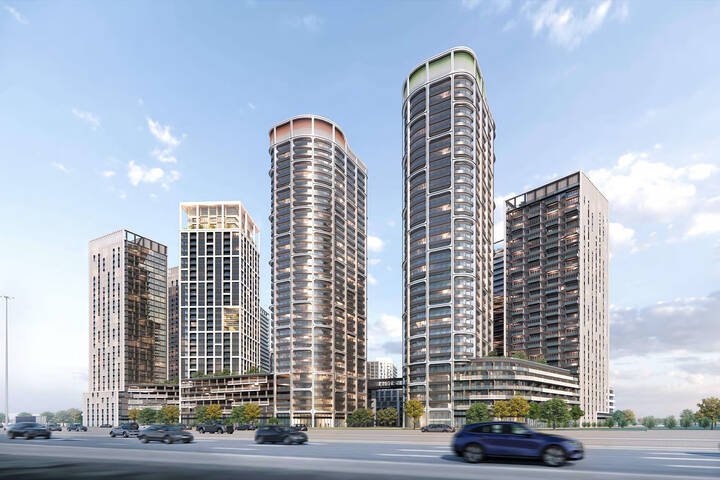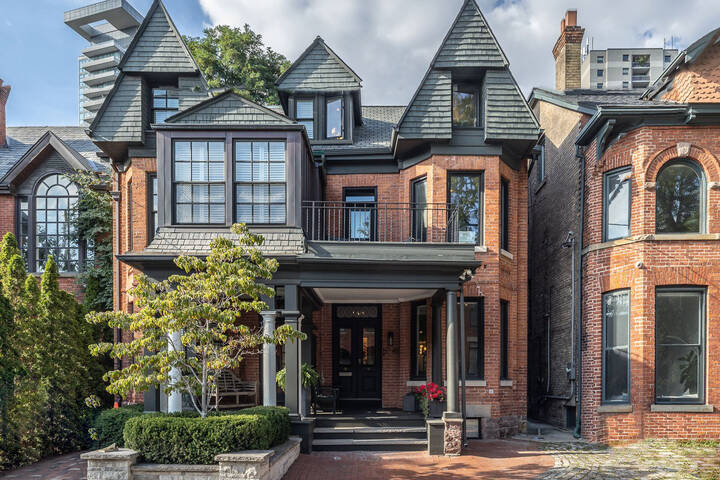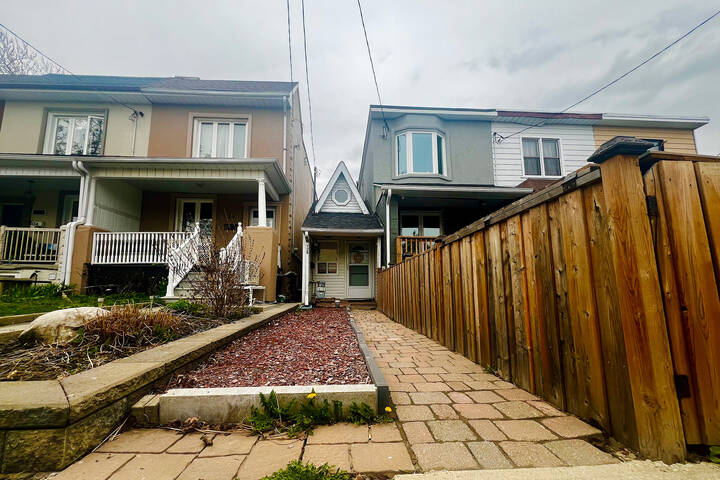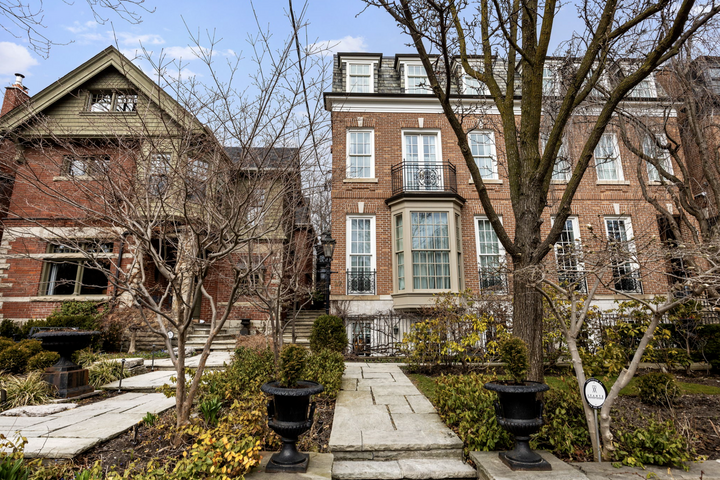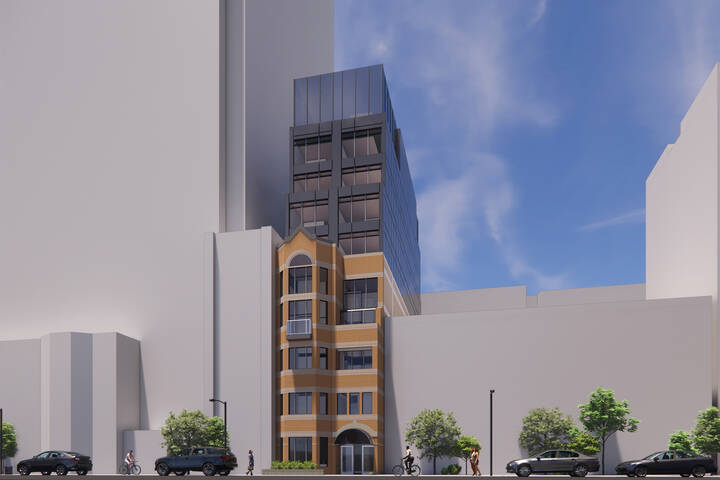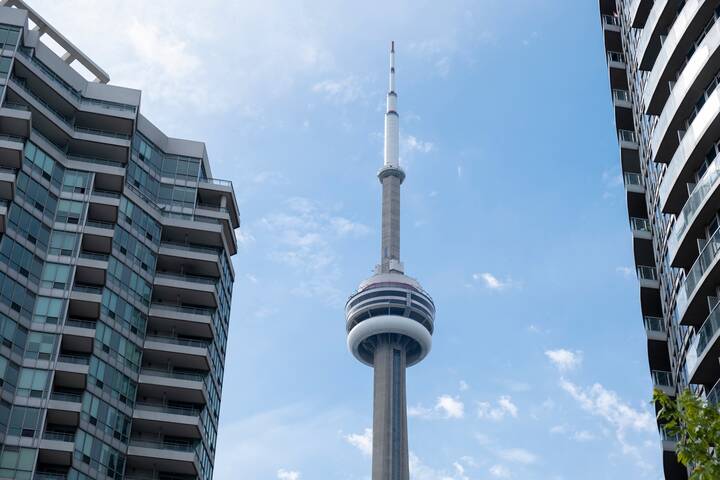
No quick recovery in sight for Toronto's dying downtown core
Downtown Toronto still feels a bit dead these days as the office vacancy rate remains close to record highs.
Toronto's downtown vacancy rate for Class A office space dropped to 13.8 per cent in the third quarter of 2023, while the overall vacancy rate declined slightly to 15.8 per cent, according to a CBRE's new Q3 2023 Canada Office Figures report.
While these declines in the vacancy rate represent a slight improvement in the city's gutted office market, even the ten basis point change from the previous quarter was hardly enough to make a dent in the damage caused by years of lockdowns and hybrid work schedules.
At the current rate of growth, it could still be years before Toronto's core rebounds to re-achieve a record-low vacancy rate of 2.4 per cent logged during the second quarter of 2019.
CBRE experts attribute positive momentum in the third quarter in part to FIRE (Finance, Insurance and Real Estate) and education tenants leasing prominent Class A office spaces in the heart of the city.
However, CBRE notes that "Despite the bearish sentiment, vacancy has not seen a sharp uptick in 2023 and when focused within the core (excluding midtown) has persistently ranged tightly between 15.0 and 15.1 per cent."
Downtown's office market, and by association, its overall vitality, has indeed seen a slight resurgence since the darkest days of 2020 and 2021; however, rents continued to soften —dropping for a second consecutive quarter — amid uncertain economic times.
Toronto's downtown is faring well compared to the nationwide office vacancy rate of 18.2 per cent; however, downtown Toronto Class A office space vacancy does not measure as favourably against other cities.
Vancouver's downtown currently holds the lowest Class A office vacancy rate in Canada, at 11 per cent.
CBRE's report notes that, while Class A markets are recovering, "a growing number of underutilized Class B and C buildings are being removed from inventory and converted to other uses."
"The different prospects for Class A and Class B office buildings reflects the fact that businesses are prioritizing high-quality, well-amenitized office buildings in nodes that minimize commute times," says CBRE Canada Chairman Paul Morassutti.
"Converting office buildings to other uses has become an increasingly attractive option for landlords with older, less competitive buildings. However, while there is a lot of hype around conversions to residential uses, the economic viability of conversions is still challenging absent incentives and conversions will not be a silver bullet to solving for elevated office vacancy."
Such conversions are already emerging in Toronto, such as a scheme to convert an early 20th-century skyscraper at 69 Yonge Street into a residential property.
Shutterstock/Niloo
Latest Videos
Latest Videos
Join the conversation Load comments
